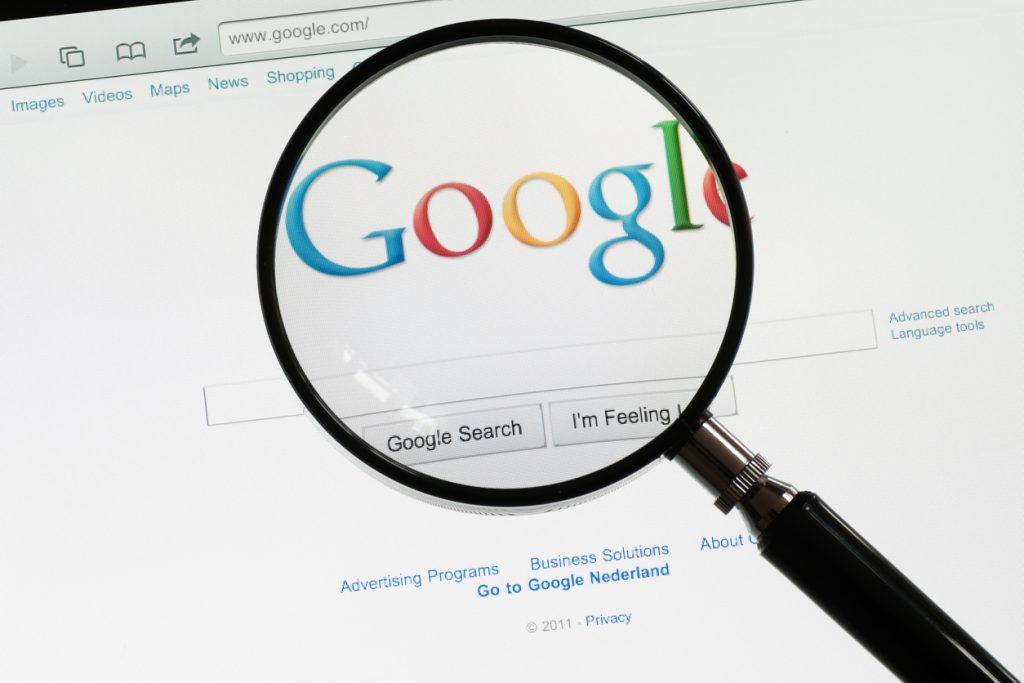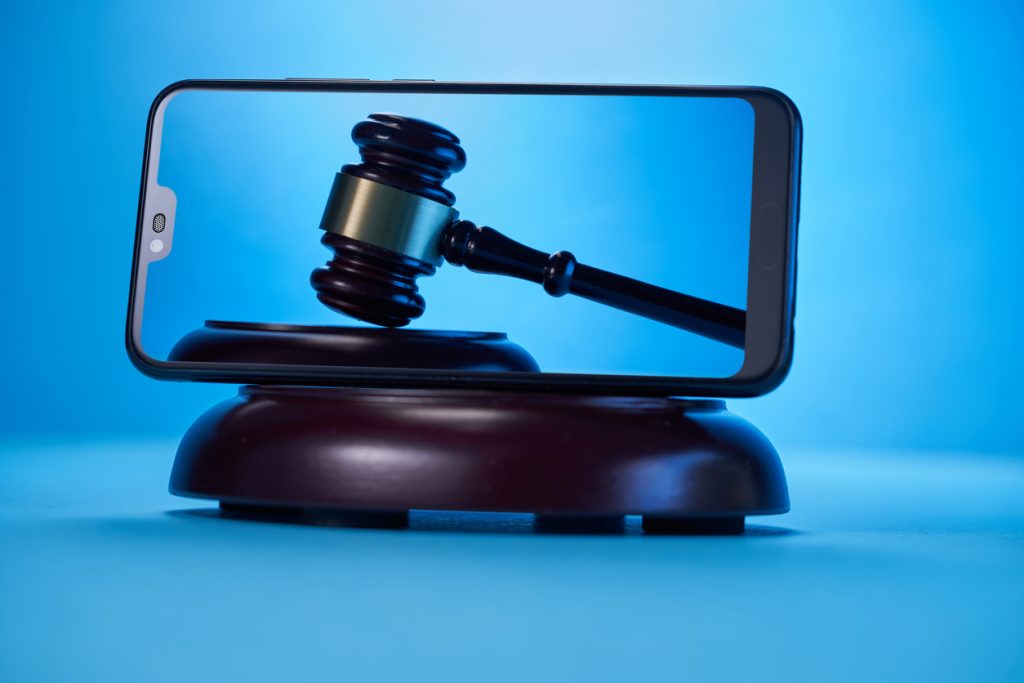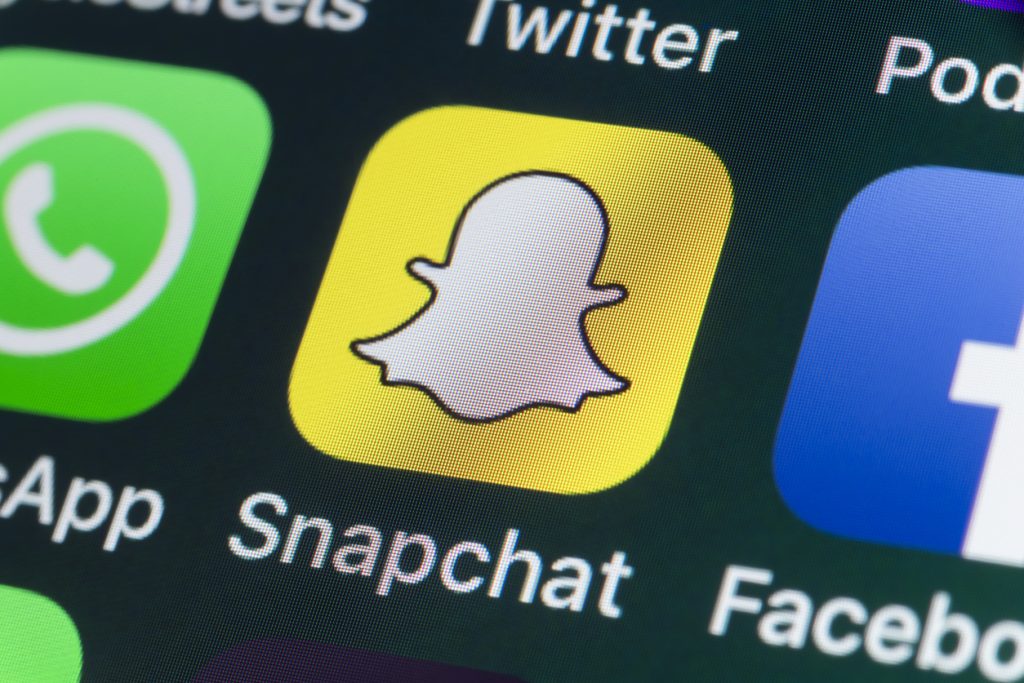In the NewsHere are summaries of recent, worthwhile articles about online privacy issues from other websites that piqued our interest.
Here are summaries of recent, worthwhile articles about online privacy issues from other websites that piqued our interest.
November 16th, 2022
Google, the California-based tech behemoth, has settled a lawsuit with 40 states over claims the company misled customers about how it used their location data. Oregon Attorney General Ellen Rosenblum told the Washington Post, “Consumers thought they had turned off their location tracking features on Google, but the company continued to secretly record their movements and use that information for advertisers.” Google agreed to pay the states $391.5 million, a record amount for privacy settlements.
Read full articleOctober 11th, 2022
Amazon has developed a new product aimed at tracking your sleep. A bedside lamp and clock benignly named the Halo Rise, it monitors your bedroom’s humidity, light, and temperature and tracks your sleep cycle in order to optimize your slumber. And all the while, it feeds that very personal data back to Amazon. Sweet dreams.
Read full articleOctober 7th, 2022
That headline says it all, really. The New York Times recently published an essay by William Siu, founder of company that develops online games, in which he says he won’t let his own children play the video games he helped create. Citing concerns about addiction, he writes, “as a gaming entrepreneur in the United States for 13 years and a father of two young daughters, I don’t think parents are doing enough to protect kids from the potential harms of video games.” Worth a read.
Read full articleSeptember 28th, 2022
Digital health care and personal privacy are often at odds. A recent story in the Washington Post shows online health services, from symptom-checkers to mental health apps, collect and share personal information from the people who use them. The companies behind the services say all data is anonymized, but that doesn’t always protect a user’s identity. Worth a read.
Read full articleSeptember 21st, 2022
Your data is so valuable, that companies around the world want it. But here’s a twist: some of the biggest collectors of that data have no idea where it is. According to recent congressional testimony from a Twitter whistleblower, the social media platform can’t really keep track of it all. Nor, it seems, can the other tech giants, including Facebook and Google. From the Washington Post:
Some of these systems are black boxes even to the people who built them, said Katie Harbath, former Facebook policy director and CEO of the consultancy Anchor Change (Facebook changed its name to Meta last year). Even if the correct policies are in place, they can be tough to implement when the underlying databases were not built to answer questions such as what are all the places where a person’s location or profile might have been stored.
Read full articleSeptember 13th, 2022
Instagram was fined more than 405 million Euros, which amounts to about $400 million, for failing to protect kids’ data. The penalty was issued by Ireland’s data privacy regulator. The watchdog agency said the social media giant allowed children aged 13-17 to operate business accounts, leading to the release of their personal information, including phone numbers and email addresses. Instagram’s parent company, Meta, has said it would appeal the ruling.
Read full articleSeptember 8th, 2022
We’re always on the lookout for a list that helps us stay safe online. To that end, this piece in the Washington Post is a winner. Easy-to-follow steps anyone can take to protect their privacy, boost their security, and avoid scams. Big takeaways: Be vigilant, be skeptical, and be aware. And switch your social media accounts to private. Good stuff and worth a look.
Read full articleAugust 21st, 2022
TikTok can track your every click and keystroke, including passwords and other personal information. As if anyone needed another reason to be wary of the rapidly growing social media platform, here’s another. When users click a link within the app, TikTok’s browser inserts code that allows it to record how users interact with whatever site they’re on. Taps on the keyboard, clicks, scrolls, TikTok can track it all. In a word: Sketchy. Be careful.
Read full articleAugust 18th, 2022
In a welcome bit of news, Snapchat is letting parents in the proverbial room. The company announced recently the launch of Family Center, an in-app tool that allows parents to see who their kids are chatting with and to more easily report suspicious accounts. In a statement, the company said, “Family Center is designed to reflect the way that parents engage with their teens in the real world, where parents usually know who their teens are friends with and when they are hanging out – but don’t eavesdrop on their private conversations.” It’s a step in the right direction.
Read full articleAugust 4th, 2022
It isn’t your kid’s job to influence anyone but you. So think twice before making your kid the star of your social media feeds. This recent CNET piece points out the perils of turning your kid into an influencer. It sacrifices their privacy and it puts them at risk. “Sharents,” parents who regularly share information and images about their kids, need to be aware of those risks. As one expert cited in the piece put it, “When parents share about their children online, they act as both the gatekeeper—the one tasked with protecting a child’s personal information—and as the gate opener.”
Read full article










